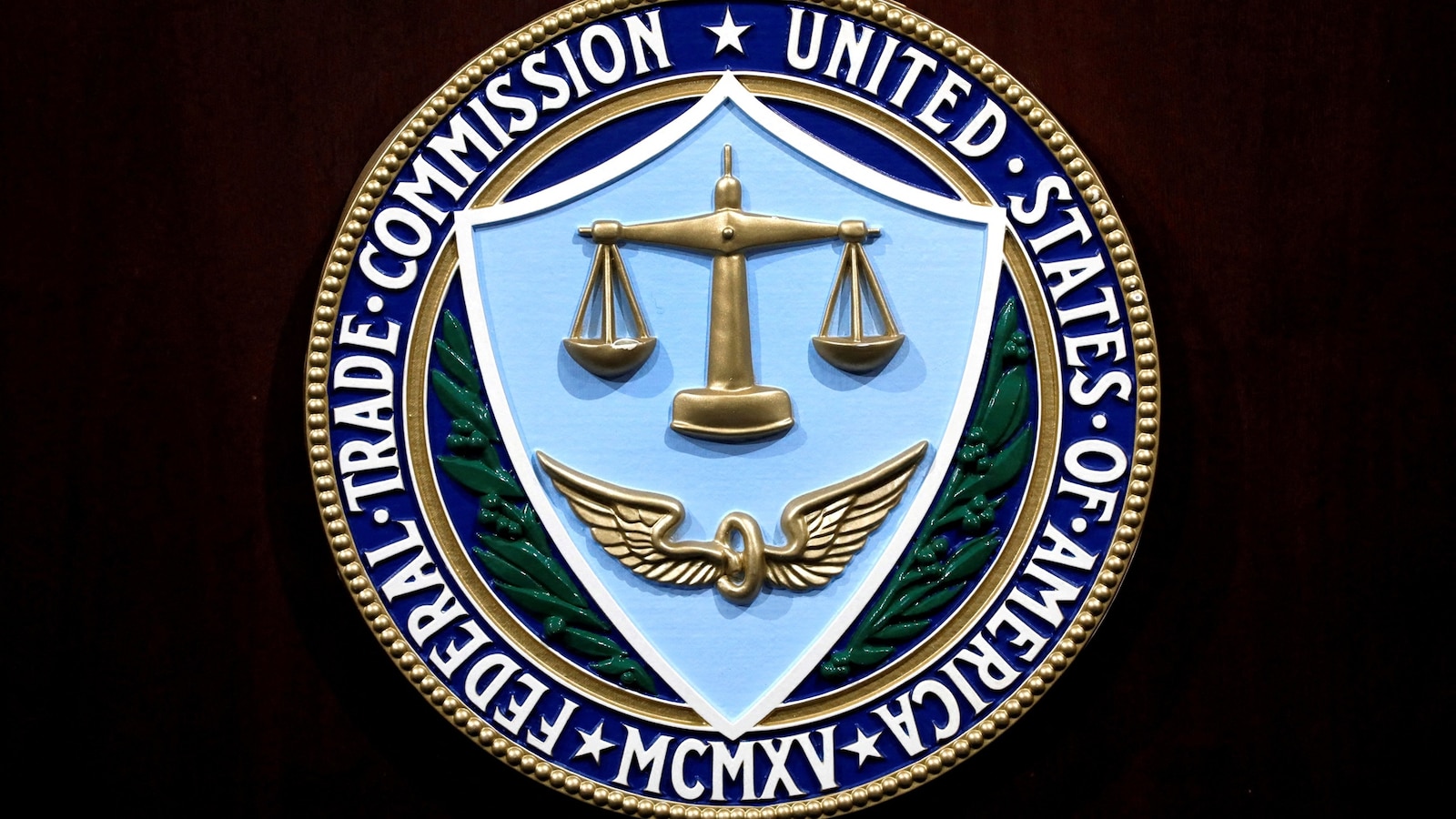Summary
The FTC has finalized a rule banning “junk fees” for hotels, live-event tickets, and vacation rentals, requiring businesses to disclose total prices upfront.
Set to take effect in April 2025, the rule could save consumers 53 million hours and $11 billion over a decade by eliminating surprise charges like “resort fees” at checkout.
While business groups, like the U.S. Chamber of Commerce, oppose the rule as overregulation, FTC Chair Lina Khan asserts its legality and bipartisan support.
The rule aligns with the Biden administration’s broader efforts to lower costs amid ongoing inflation.



When is the government going to be subject to these same rules by requiring taxes to be included in the price of items instead of being calculated during check out?
All unavoidable costs should be in the price listed/advertised/shown.
Agreed 100% but it is more complicated for online shopping in general as sales tax is largely unknown in many cases until you have billing or shipping address which is not always known upfront.
In the case of this rule though, related to events and short term lodgings, there is a pretty obvious jurisdiction in most cases so allowing a “government charges” exemption is nonsense.
Where I live, all prices are final even when online shopping. Wtf, Americans?
America has thousands of tax jurisdictions, every state, county, city/town can impose their own set of taxes. For the longest time, online shopping was effectively tax-free shopping unless you happened to be based in the same state as the seller. That is largely not the case anymore though as various states passed legislation to enforce tax collections on online sales rather than trust the consumer to volunteer that info when it’s time to fill out tax forms.